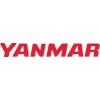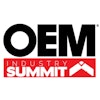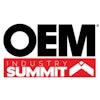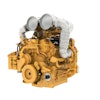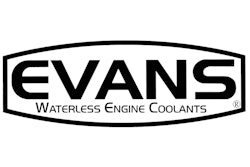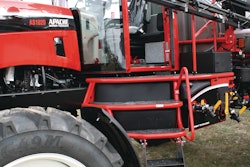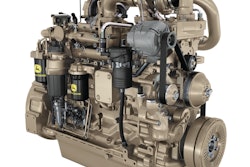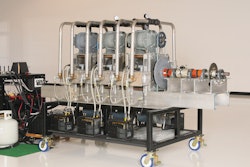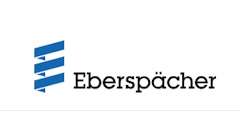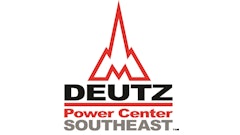As engine designs change, so to must the chemicals that keep them functioning properly. Antifreeze/coolant is no exception. Engine manufacturers are using various techniques to make them as efficient as possible. For example, lightweight materials such as aluminum are being used in place of cast iron.
Years ago, the additive package in Antifreeze/coolant focused on cast iron. Nitrites tend to interact with the aluminum, raising the pH in the solution. In Europe, that’s lead to extended life coolant (ELC) that is nitrite free.
Shell Lubricants recently introduced a revamped Shell Rotella heavy-duty engine antifreeze/coolant product portfolio that is led by Shell Rotella Ultra ELC, an extended-life antifreeze/coolant for use in heavy-duty diesel, gasoline and natural gas-powered engines.
“Shell Rotella Ultra ELC is a next-generation, extended-life engine coolant that is designed to meet the more severe operating conditions of new emission-compliant engines,” says Stede Granger, technical manager, Shell Lubricants, Houston, TX. Shell Rotella Ultra ELC is formulated to be an extended-life antifreeze/coolant in the heavy-duty engines found in on- and off-highway vehicles. The product does not contain nitrites, amines, phosphates (NAP), borates or silicates.
Shell Rotella Ultra ELC is formulated to meet more severe operational conditions of modern, hotter-running engines. This is particularly important for new emission engines, especially those with EGR.
“What we are seeing is that cooling systems are being called to do more,” says Granger. “Driving part of this is the push toward efficiency for better fuel economy.
“As we get into new engine designs, the engine temperatures will increase,” says Granger. “With the new coolant we have anticipated those higher temperatures. After period of time, oxidation can form in the antifreeze/coolant. Because this is an ELC product, additives prevent oxidation due to high head loads, and designed a formula that would be able to handle heat for a longer period of time, as well as higher ultimate temperatures.”
Ultra, Shell’s state of the art, next generation ELC is nitrite free to avoid nitrite-aluminum interactions, and is already part of Navistar’s factory fill program for its big-bore 11 and 13 liter engines.
Waterless coolant
Evans Cooling Systems, Inc. headquartered in Sharon, CT., has focused on engine cooling and related areas for over 35 years. The company has a team of high performance engine cooling experts based in Pottstown, PA, a heavy duty diesel sales and marketing office in Suffield, Conn., as well as facilities in China.
Evans waterless coolant enables a diesel engine to safely operate at elevated temperatures, taking advantage of the separation between the operating temperature and the high boiling point of the coolant.
Evans waterless engine coolant, a patented technology, has a boiling point that is 150 degrees warmer than the operating temperature of most engines, allowing the engine to safely operate at slightly higher temperatures. The separation of the boiling point from the operating temperature enables fuel saving strategies not available with water-based coolants.
The toughest corrosion problem in a heavy duty engine is cavitation erosion of the cylinder liners. The ASTM, after many years of effort, has found a test method that can predict the future likelihood of cylinder liner cavitation erosion. Southwest Research Institute, working with the ASTM D-15 Committee (Engine Coolants) has tested dozens of engine coolants, all of them water-based except for the fluid submitted by Evans.
Evans reportedly performed more than 70% better than any other coolant tested in preventing cavitation erosion. It is now approved as an ASTM standard test method.
Evans is a lifetime coolant and never has to be replaced. Evans also offers maintenance benefits by reducing corrosion and cylinder liner cavitation.
Evans Waterless Heavy Duty Thermal Coolant (HDTC):
• A blend of glycols and additives that do not require water for solubility.
• Boiling point: 375 F, pour point: -40 F.
• Huge separation between operating temperature and coolant boiling point.
• Low conductivity – no “battery effect”.
• HDTC is a lifetime coolant if it does not become contaminated with water.
• Additives don’t drop-out and the coolant has a 10-year shelf storage life.
• Testing has demonstrated reduced toxicity
While Evans’ cooling technology achieves improved fuel and maintenance savings, its reduced toxicity provides a safer, more environmentally friendly alternative to traditional water-based coolants.
##
